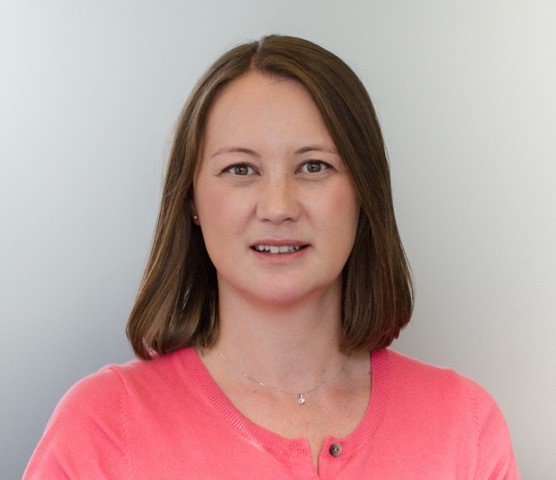Since being appointed by the Prime Minister as a UK business ambassador with a focus on the professional and business services sector, Caroline Plumb’s new company Fluidly wants to improve the ever-important issue of cashflow control amongst UK businesses. Here, Caroline talks through how the company has increased exposure and has employed the latest technology to assist businesses.
What are the details of the company, when was it founded and why?
I founded Fluidly in October 2016. Fluidly combines machine learning and financial modelling to provide automated cashflow forecasting and intelligent credit control. From my previous experience starting another business, FreshMinds, I was very familiar with the hassle of managing cashflow. Chasing late payments, laboriously building cashflow forecasts and constantly wanting more real-time data were all big pain-points. I started Fluidly to help business owners sleep better at night by delivering control, certainty and confidence around cashflow.
How much initial investment did the company need to start and where did it come from?
FreshMinds, the first business I started, was initially funded with £250 each by myself and my business partner Charlie Osmond. We weren’t looking for external funding but ended up meeting some angels who were looking to hire a graduate for a job. We didn’t take the job but did end up talking and they invested £100k which we used to grow the business. We have run it out of operating cashflows ever since.
With Fluidly, I started the business by securing £375,000 angel funding on the back of an idea and a PowerPoint deck. The angels are all experienced tech investors, some of whom I knew already and others I met through the fundraising process. I used this to build out the initial team, customers and product. In September 2017, we closed a £2 million seed round that was led by Octopus Ventures with Anthemis and New York-based VC Nyca. This was to mainly used to further expand our data, product and engineering teams – there’s a lot of investment in infrastructure for cleaning and standardising data so we can build great predictive algorithms and deliver it in an intuitive way for users to manage their cashflow.
What marketing did the company employ to maximise exposure?
I’ve employed a broad range of marketing channels across FreshMinds and Fluidly. Entering awards has helped us to gain awareness and generates PR. With Fluidly, channel partners are a key audience for us so we have been attending trade shows. Fluidly is creating a totally new category of artificial intelligence powered cashflow forecasting software so I also fulfil a lot of speaker slots to educate the market on how AI can be applied to business.
Talk about the company’s growth trajectory, from being founded to establishing revenue, to covering costs, to moving into profit.
Fluidly is early stage but growing rapidly. FreshMinds is now an established business (actually two) with a combined turnover of well over £10 million and profitable. In our first year of trading we did nearly £400,000 revenue and doubled that in year two – not bad for two 22-year olds at the time. We moved into profit quickly – traded organically and didn’t raise further funds – so we always had to manage the business finances carefully. Obviously there have been good times and tougher times over the years (the business will be 18 this year!) so cashflow is always something we keep an eye on.
How important is an inspirational figurehead to a scale-up company?
I think business is complex enough that trying to be anything other than the best version of yourself is exhausting. So I aim to be open and straightforward in style, along with fair and consistent. That way people know where you stand and no energy is wasted guessing what you might be thinking. Patience is sadly not a virtue of mine, so I try and channel my desire to want everything immediately into creating impetus on projects and ensuring we get things done with energy and momentum.
I believe you can only steer when you’re moving, so once you’ve set a goal and made a plan, then keeping momentum is really important, even if you may need to zig-zag to the final destination. Finally, too many things in business are handled unnecessarily seriously so I’ll generally look to take a more informal approach – it builds relationships and it’s a lot more fun.
What specific advice would you give to scale-up companies looking to build their company to exit?
I believe the best companies get bought not sold. So I think the focus is all about understanding and delivering to customers and building a brilliant defensible business that can keep on growing. Then you’ll always have plenty of exit options.







